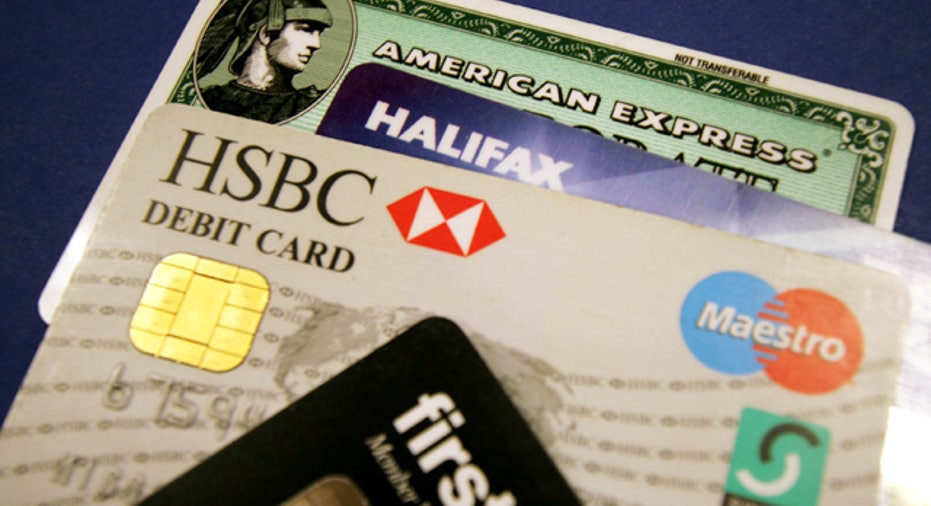U.S. Credit Downgrade Could Raise Credit Card Rates

A poor personal credit rating can have wide-ranging implications, from being passed over for a new job to qualifying for only high-interest card offers. As the United States endures its own credit rating decline, the impact on consumers could be just as diverse. One thing seems evident; credit card interest rates will rise.
Most credit cards come with a variable interest rate that is tied to the government's prime rate. Standard & Poor's downgrade of the U.S. credit rating doesn't immediately impact the prime rate, which is set by the Federal Reserve, not the U.S. Treasury, but Time Magazine quotes a leading consumer education advocate as saying consumers should expect rates to rise 2 to 3% in the coming months. Moody's Investor Service confirmed its AAA rating today, but if Fitch's Ratings downgrades their rating the interest rate hike could come sooner.
What can credit card holders expect?
People still lucky enough to hold fixed-rate cards will likely see no impact from the downgraded rating. Credit card reforms passed in 2009 stopped card issuers from raising the APR on current balances if the account is current, plus new balances are protected from increases without a 45-day notice and the chance to cancel the credit card.
By contrast, consumers with variable-rate credit cards, the most common, could see their rates go up on future purchases. But as noted in the Washington Post, credit card reforms that were passed in 2009 mean the rate on current balances can't be raised and any payment amount that is sent over the minimum amount due must be applied to the highest rate balance.
The reactions of the stock market and the Treasury to the new credit rating will be major factors in what, if any, changes are made to the prime rate. In the meantime, consumers are advised to pay down higher interest rate balances and to keep credit cards in their wallets until the full impact of the rating is understood.
The original article can be found at CardRatings.com:US credit downgrade could raise credit card rates



















